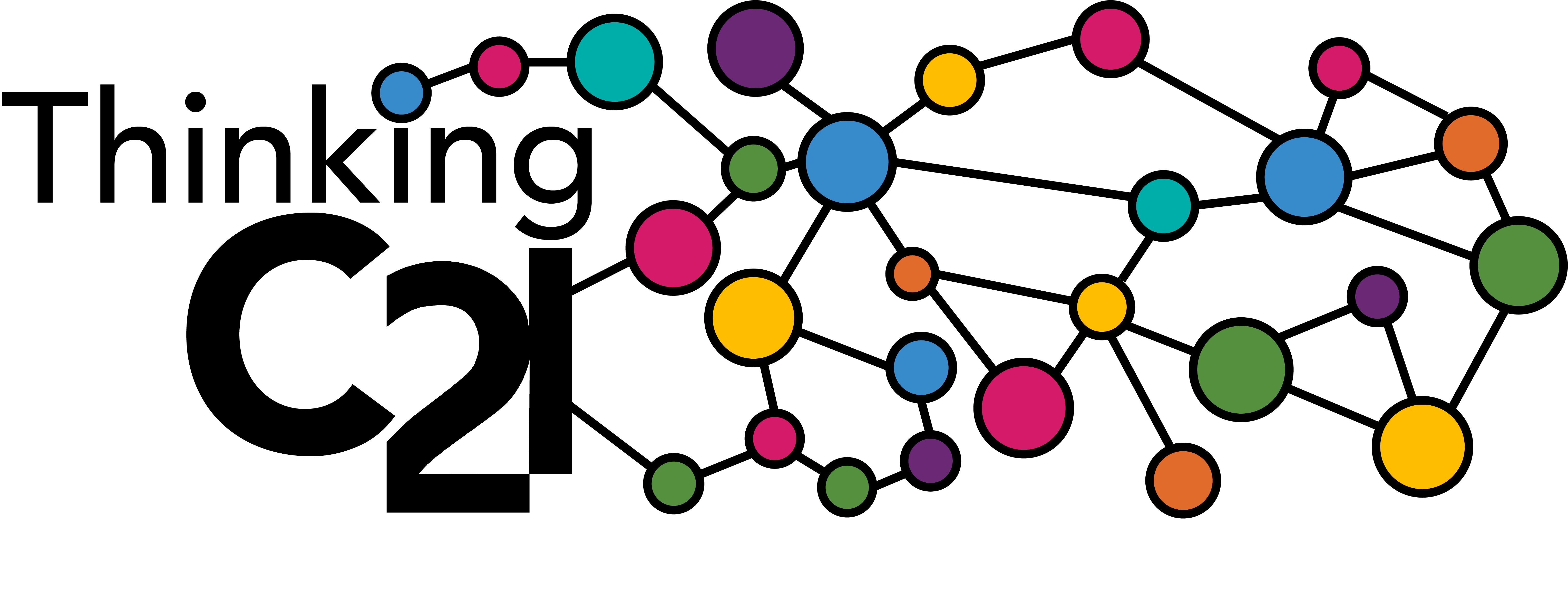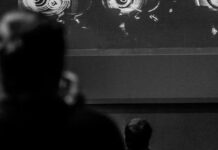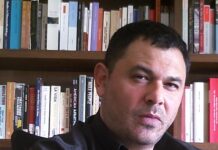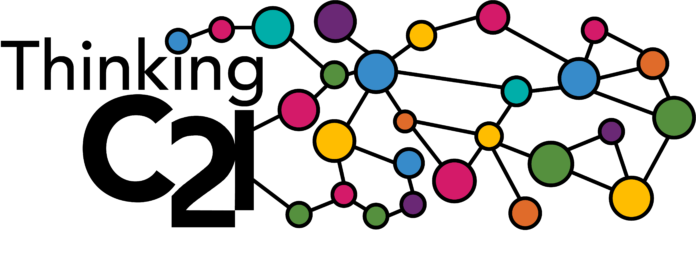by Mary Mullen

I remember the first time I saw my husband run in a track meet. He wasn’t racing; he was pacing a friend who was sponsored by New Balance at the time. I hadn’t been dating him long, and was new to the track scene. I sat with his friends, former UW-Madison and UW-Platteville runners, and stayed quiet – very, very quiet. I didn’t quite know how to talk about running or runners, and I certainly couldn’t recognize the nuances of the sport. To me, the college and professional runners participating in the meet all seemed pretty much the same: crazy fast and really skinny.
After the race, he rushed over and said he had to cool down, apologizing profusely forleaving me with the “running nerds.” I laughed. What did it mean to be a running nerd?
Flash forward to the present. I’m now officially a running nerd. I watch the Universal Sports livestreams of the major marathons and inevitably get angry with the interrupted feed and insipid announcers. I go to Flotrack for athlete interviews. I follow Chris Solinsky on twitter. Sometimes, I even venture to the famous LetsRun message board.
Imagine my excitement, then, when I heard about UWM’s initiative to build community through a running race: the Claws versus Paws Challenge! The challenge offers training plans, pre-marathon activities, and, of particular interest to me, a definition of running terms.
The definition of running terms is interesting to me because, as a scholar of English literature, language is always of interest to me. But it’s also interesting because of my position here at UWM as the deputy director of the Center for 21st Century Studies. One of the challenges of the position is to get people to engage with the language of contemporary scholarship. Often this language seems abstract, complicated, or unnecessary. What do terms like interdisciplinarity, the nonhuman turn, embodied placemaking, neurofutures mean? It’s sometimes difficult to demonstrate how these words – so important to cutting edge scholarship – relate to the daily concerns of people working outside of the university and, at times, even the concerns of people working in different fields within the university.
But what’s so exciting about Claws versus Paws is that it shows how words that seem to be meaningless – fartlek, anyone? – can begin to have purchase in daily life. All it takes is small changes in one’s habits, or changes within the community. As the running community grows in the next few months here at UWM, the language will change. “I ran this morning” will no longer be precise enough for some people; they’ll say instead – “I did a fartlek this morning” to signify the extra effort and speed work.
Which is all just to say, what if one of the lessons we took away from Claws versus Paws Challenge was an attention to precise language? What if we began to understand academic discourse not as meaningless jargon, but as a way of inhabiting and explaining the world? As a way to signify the extra effort and speed work some of our daily practices might entail? Like the challenge itself, it requires engagement and sometimes even the embrace of difficulty. But I contend that an attention to language helps us see nuances and better explain our own experiences in the world, and therefore become more attuned to the experiences beyond our own. Moreover, it helps us recognize that the language of contemporary scholarship is not only connected to communities; it can also help build communities.
Take, for instance, the nonhuman turn – the title of this year’s C21 conference. Like the term, “fartlek,” this term is relatively open (speedwork takes many forms). Instead of suggesting a single entity, the nonhuman turn captures a series of developments in diverse academic fields that move away from studying humans and towards objects, matter, networks, animals, ecology and media. The term helps us explain our cynicism at the presidential election (what can one person do anyway? It’s the system that needs fixing), the challenges of environmentalism (how can we get people to care about nature?), and our increasingly mediated and digitized lives (why do I feel like I’m missing a limb when I accidently leave my cell phone at home?). Knowing, using, and thinking through this term allows people to talk to each other, to share knowledge and experience, to collaborate across academic fields and discourse communities, and to build communities we may not have otherwise imagined. As is the case with running terms, the language of scholarship opens up rather than closes down possibilities for new experiences.
[Mary Mullen is the deputy director at the Center for 21st Century Studies. She will cheer on the participants of the Claws Versus Paws Challenge, and run by Lake Michigan each morning, but won’t be running the Lakefront Marathon this October. Although she embraces her identity as a “running nerd,” she’s not quite ready to become a “marathoner” – yet.]





